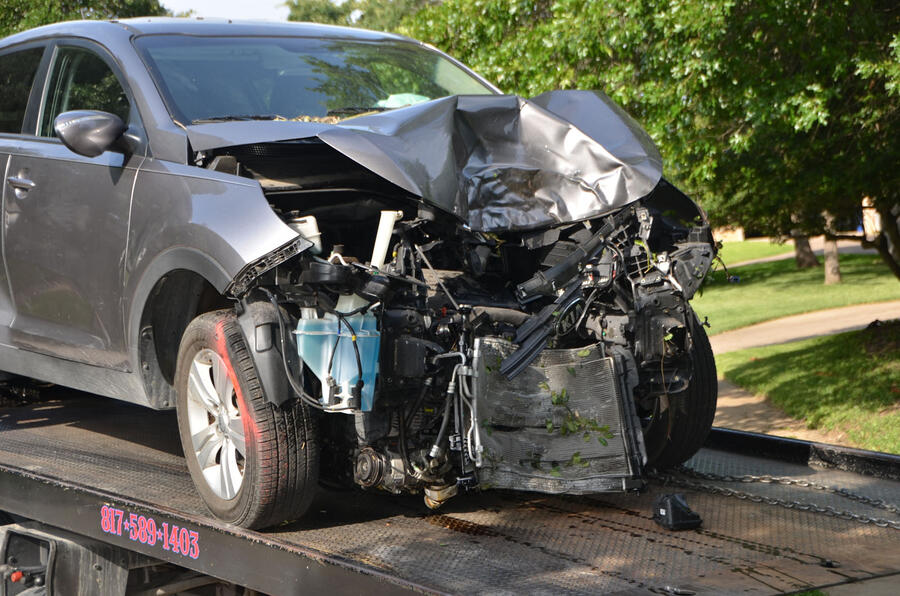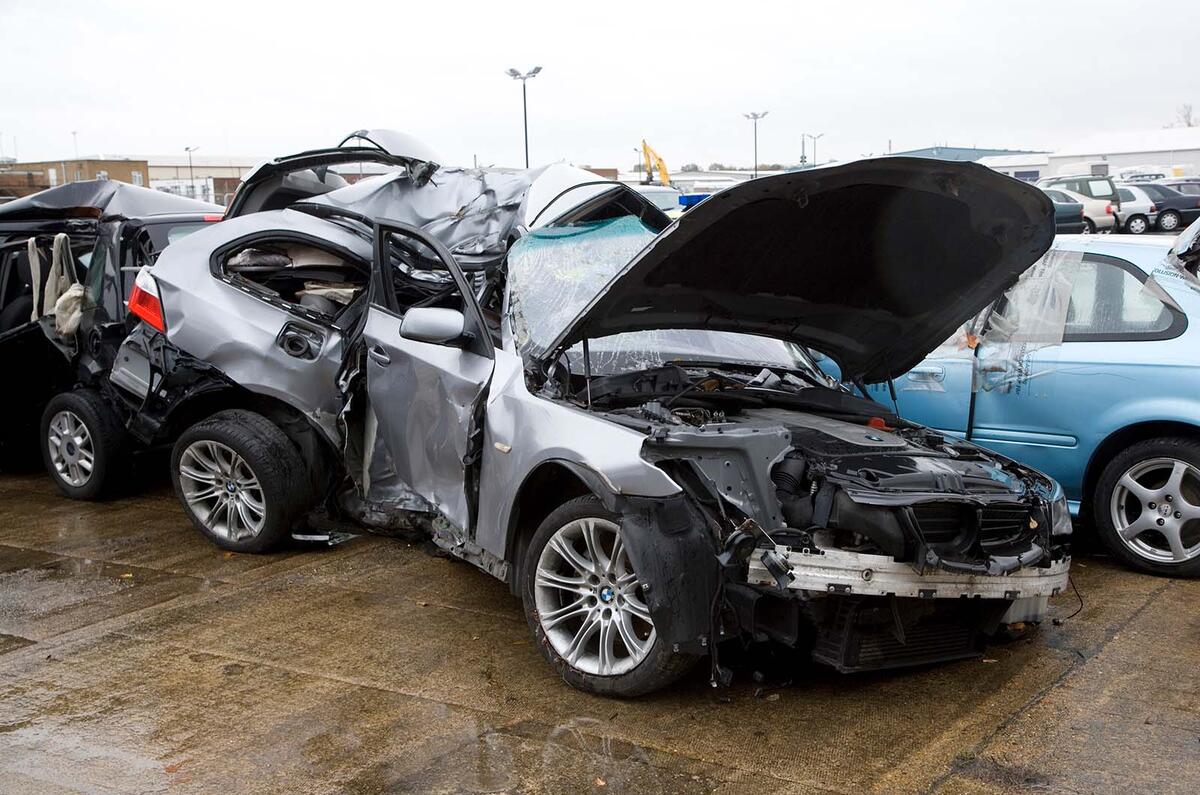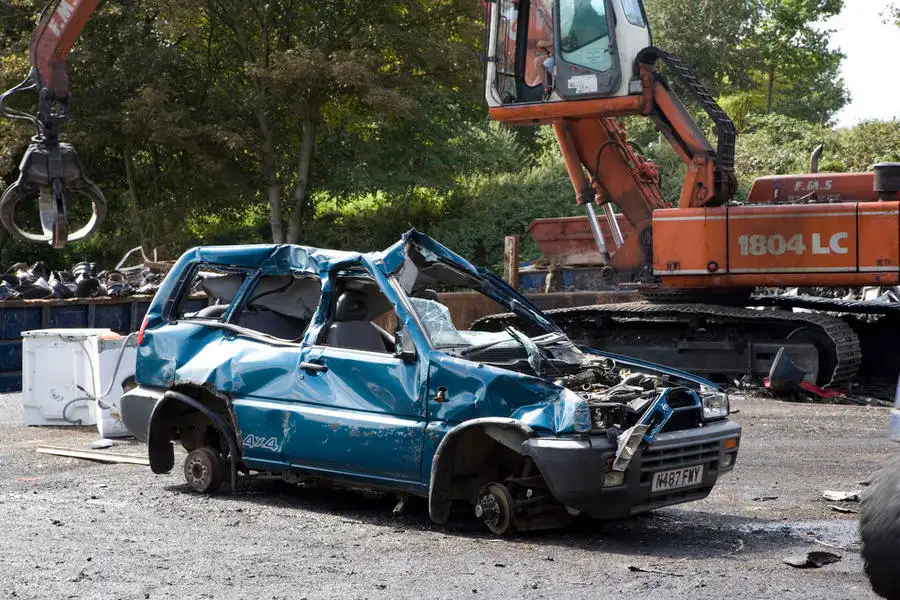Understanding car insurance write-off categories is a bit of a mine field. There are four different categories, each giving the owner a new set of responsiblities depending on how damaged the car in question is.
This not only makes them slightly intimidating, especially for the uninitiated, but also frustrating. This is especially true when the damage looks to be cosmetic and has no bearing on either the car's roadworthiness or resale value, but the insurer has deemed that it needs to be written off.
The problem persists more with older cars that are worth roughly the same as their repair cost. For example, if you have an old Ford Mondeo worth £500 and you crack the front bumper or blow a turbocharger, the chances are your insurer won't pay for a repair or replacement part. Generally, your car is likely to be written off if a professional repair costs more than half of its value.
The good news is that those different categories mean you won't always be watching your car be towed to the scrap heap. And if you're sitting on the other side of the fence as a buyer, a car can remain in a perfectly road-worthy condition even if it has previously been written off.

What is Cat A, Cat B, Cat S or Cat N insurance write-off?
There are four categories of car insurance write-offs. The system was revamped in October 2017, with new denominations given to the categories at the lower end of the damage scale. This can be confusing if you're not sure what the letters mean, so let's explain them.
Category A
Reserved for the most severely damaged vehicles, a Category A write-off condemns an entire vehicle to the scrapyard, and means not even seemingly serviceable parts can be repurposed.
High-speed impacts, complete burnouts and extensive vandalism will usually result in a vehicle receiving a Category A designation.










Join the debate
Add your comment
Truckers are responsible for ensuring that the goods they transport are delivered safely and on time. This requires them to adhere to strict safety regulations, as well as to be aware of changing weather conditions, traffic conditions,
Understanding Ts and Cs
This is why it is critical when buying insurance that you are fully aware of the Ts and Cs as otherwise you can find yourself with a write off if the worst was to happen. Our research shows that the best way to understand the insurers attitude to writing off is to phone and talk tpo them when purchasing the policy. This way you can talk to them about your own specific needs. Our research also shows that phoning for quotes also returns the cheapest deals - so either way you’re a winner!!
All of the relevant phone numbers can be found on our website to save you having to find them.
Sharon Mawson, QuickPages
Thanks to share it.